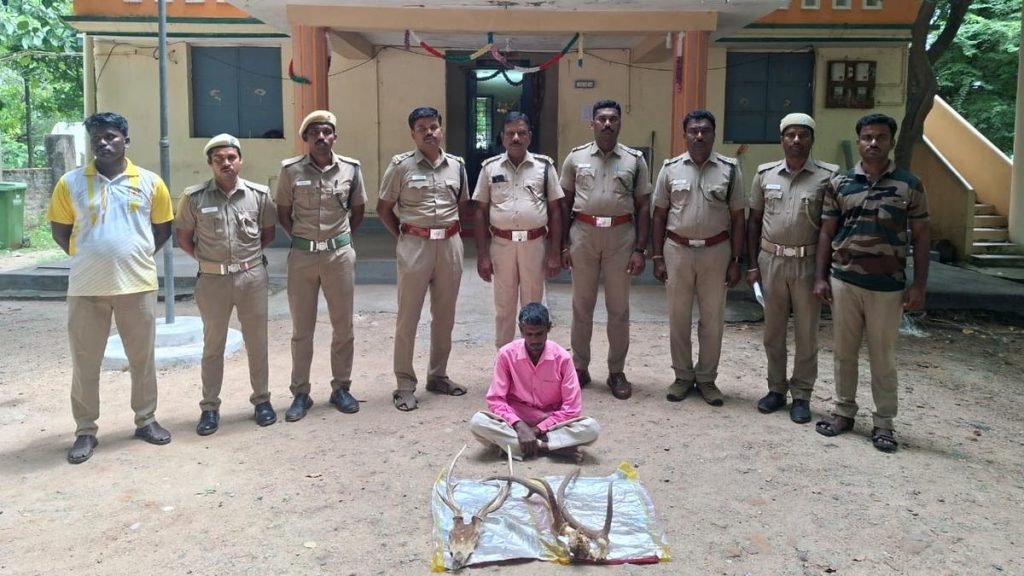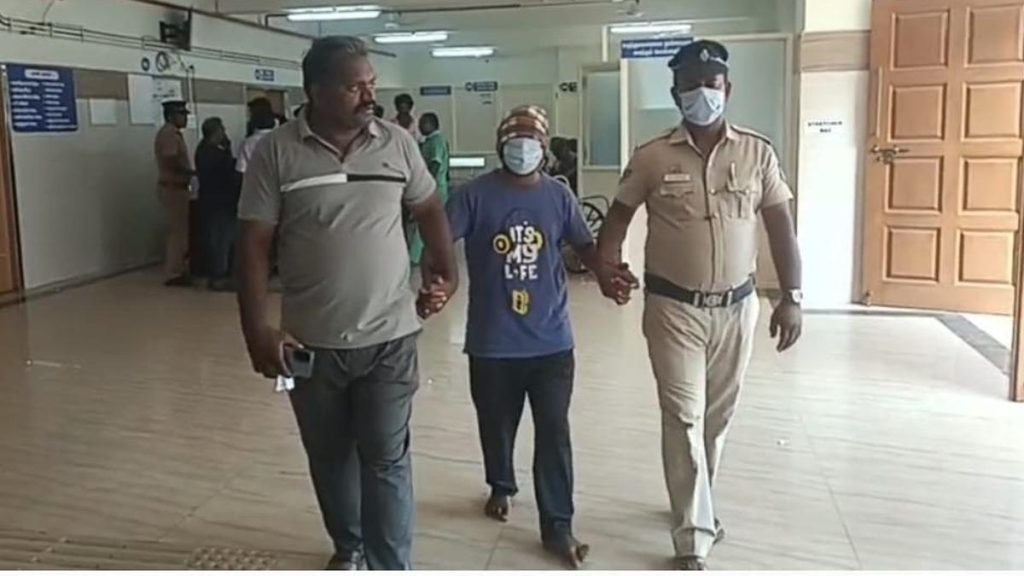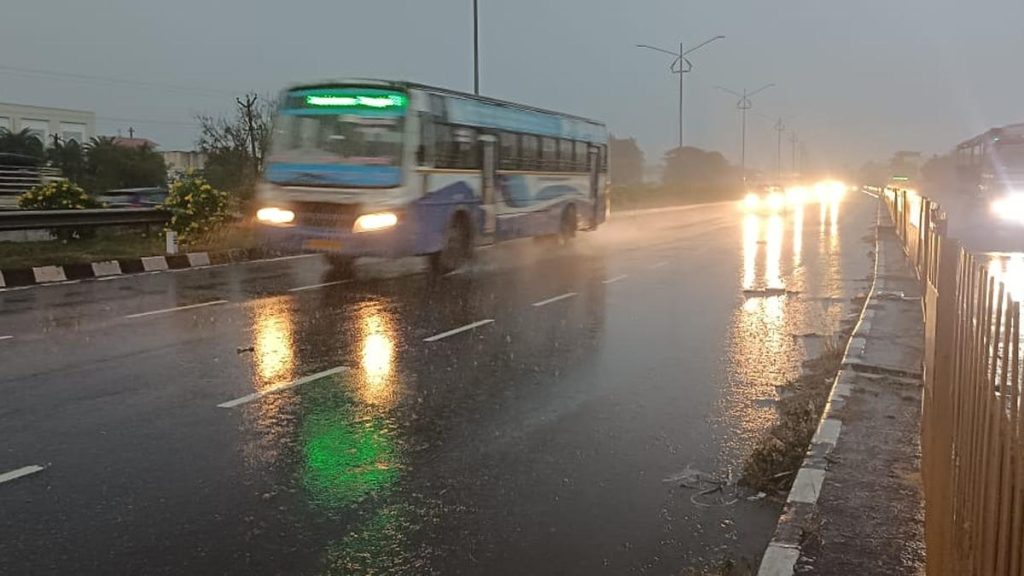Now Reading: EU Strengthens Ties with India, Flags Concerns Over India-Russia Trade
-
01
EU Strengthens Ties with India, Flags Concerns Over India-Russia Trade
EU Strengthens Ties with India, Flags Concerns Over India-Russia Trade
Swift Summary:
- The European Union (EU) launched “A new Strategic EU-India Agenda” aiming to strengthen ties with India in trade, technology, security, defense, and climate.
- EU officials expressed concerns over India’s participation in Russia-led military exercises and its purchase of Russian oil amid the ongoing war in Ukraine. This is seen as a challenge to deeper collaboration.
- Prime Minister Narendra modi welcomed the strategic document and reiterated India’s commitment to a peaceful resolution of the ukraine conflict during his call with European Commission President Ursula von der Leyen.
- India-EU free trade agreement (FTA) negotiations are ongoing; talks accelerated by recent visits from EU trade Commissioner Maroš Šefčovič to meet Commerce Minister Piyush goyal.
– Trade between india and the EU has grown over 90% in last decade but remains far below its potential according to Šefčovič. Negotiations include tariff barriers such as agricultural import restrictions due to India’s Qualitative control Orders (QCOs).
– The next round of FTA talks is scheduled for October 6-10 in Brussels, aiming for an agreement by this year’s end.
- Ms. Kallas emphasized strengthening ties with India rather than isolating it toward Russia or China but maintained “nothing is agreed until everything is agreed.”
Indian opinion Analysis:
The launch of “A New Strategic EU-India Agenda” signifies increased recognition of India’s global role amidst shifting geopolitical dynamics. Stronger bilateral cooperation can perhaps enable both sides to navigate uncertainties stemming from global trade disruptions or diplomatic strains tied to conflicts like those in Ukraine. However,tensions surrounding India’s relations with Russia may complicate finalizing agreements on shared priorities.
Trade emerges as a pivotal area given its robust historical growth but persistent challenges such as tariffs and non-tariff barriers like QCOs that need resolution for meaningful economic impacts. Practical compromises will be key ahead of future negotiations.
The strategy also underscores balancing partnerships globally-India’s diplomatic choices regarding Russia could draw further scrutiny while shaping perceptions within Europe about its commitment toward international norms yet retaining autonomy against external pressures.
For both parties, completing an FTA represents not only economic benefit but symbolic mutual trust vital amidst competing powers positioning themselves globally.
For read more: Full Article


